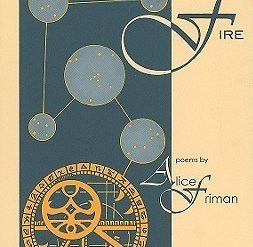On the heels of the Pope’s eco-encyclical, we wanted to offer a round-up of the commentary and analysis across the web. Of course, the best place to start is with the encyclical itself: Praise Be to You: On the Care of Our Common Home (Laudato si in Latin).
[button content=”Download the Eco-Encyclical” color=”gray” text=”black” url=”http://w2.vatican.va/content/francesco/en/encyclicals/documents/papa-francesco_20150524_enciclica-laudato-si.html” openin=”_new”]
- Philip Bump of The Fix over at The Washington Post explores a common theme in the reporting on the encyclical: the political implications of the text. Find out why he thinks Pope Francis is flexing his political muscles.
- The Pope, before attending seminary, was trained and worked as a chemical technician. It might not be any surprise then that his message attends both to science and faith. So, Donovan Schaefer of Religion Dispatches wonders Did Pope Francis Just End the Religion and Science Conflict? Religion Dispatches also has a few other articles breaking down the encyclical.
- R. R. Reno of First Things asserts that it’s wrong to conclude from all this that “Pope Francis has aligned the Church with modern science.” It’s not about science and the church, but rather a humanities orientation. The problem is “a failure to affirm God as Creator” and “in short, without a theocentric orientation, we adopt the anthropocentric presumption that we are at the center of reality.” Reno claims,
[openquote]In this encyclical, Francis expresses strikingly anti-scientific, anti-technological, and anti-progressive sentiments. In fact, this is perhaps the most anti-modern encyclical since the Syllabus of Errors, Pius IX’s haughty 1864 dismissal of the conceits of the modern era.[closequote]
- From a Catholic perspective, you can head over to America Magazine where they’ve put together a roundup of expert analysis of the encyclical.
- Scott Neuman over at NPR looks at how the encyclical addresses climate change as the ‘principle challenge’ for humanity.



